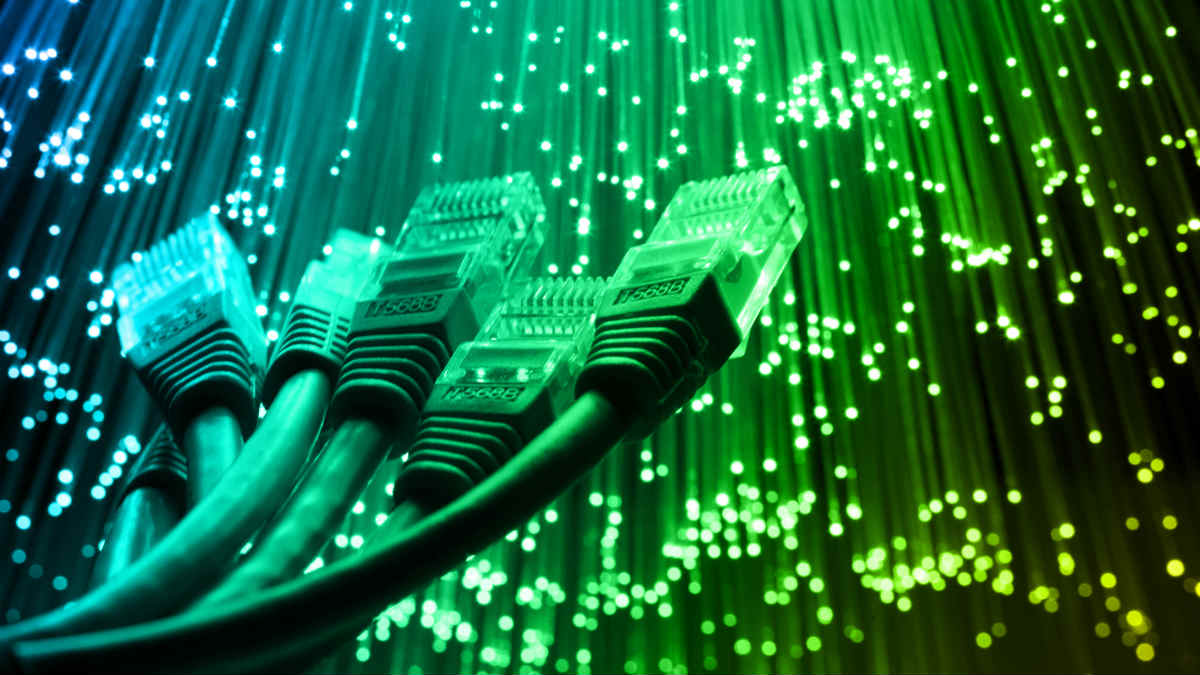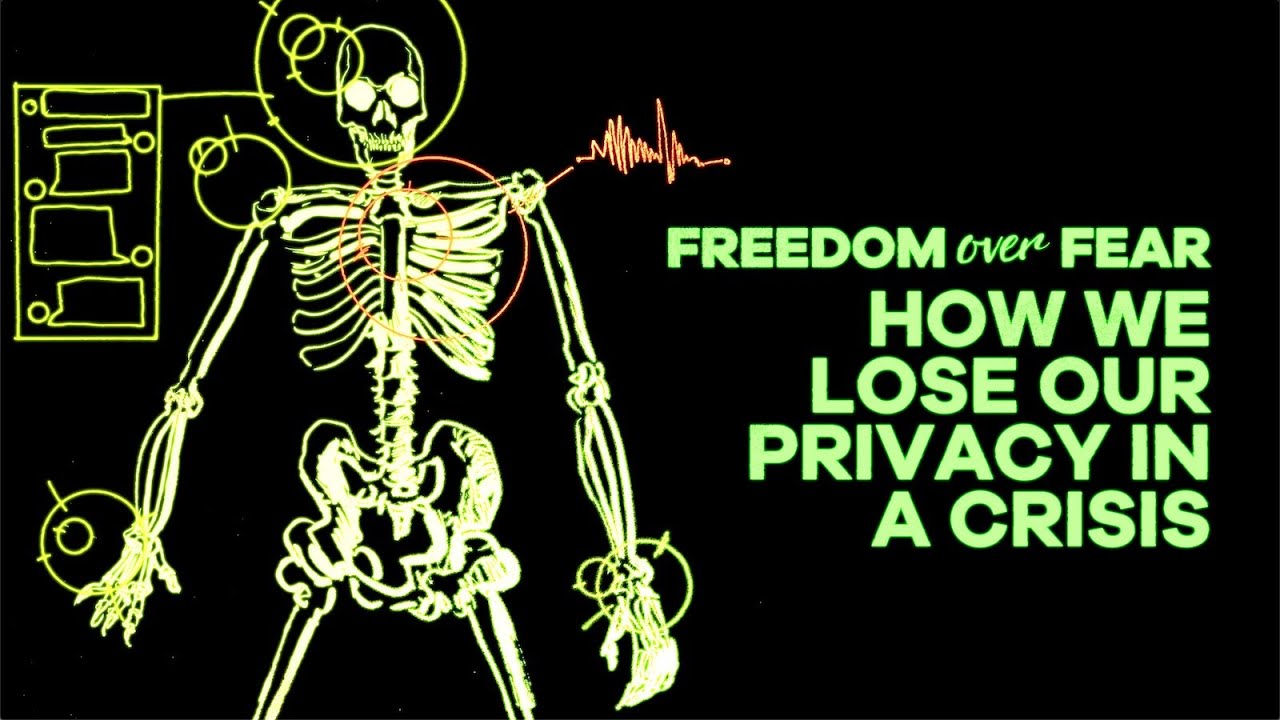
The Easy Way for the FCC to Give High Speed Internet to Millions
In a world increasingly defined by the interconnectedness the internet offers, isolation from internet access can mean isolation from opportunity as well. In the U.S., this deficit is especially acute in the rural corners, where terrain or sheer distance from population centers makes high-speed fiber-optic cables uneconomical. Soon, the Federal Communications Commission (FCC) will make a crucial decision on whether to allow private companies an alternative way to deliver high-speed internet to millions of Americans who currently have no such access in their homes.
Microsoft has taken the initiative on developing a strategy to provide high-speed internet wirelessly, using empty TV broadcast frequencies, also known as “white space” spectrum. The awesome potential of this technology is that unlike conventional wi-fi, which is easily disrupted by physical barriers and has a short maximum distance, white space frequencies can travel over and through terrain and walls with ease at ranges up to 10 miles.
However, these white spaces, like the rest of the spectrum of broadcast frequencies, are regulated by the FCC. What Microsoft and some other tech companies are asking is that three of these white space frequencies be set aside for any private entity that wants to use them to broadcast high-speed wireless internet. They are also asking that the frequencies be freed from the process of regulating the broadcasting devices, which would allow for faster experimentation and innovation in the delivery of internet service. Forty-three members of Congress, including House Freedom Caucus Chairman Mark Meadows, joined the chorus calling for the FCC to free up these bits of spectrum.
Providing high-speed internet to rural areas via physical cables could cost as much as $80 billion, and President Trump has been the latest to ask for taxpayer dollars to subsidize such efforts. Instead, why not allow private actors to try to fill the void? Obviously companies such as Microsoft have a financial incentive to ask for the bandwidth to be reserved, but they are raising the capital needed to make the attempt (to the tune of $8-$12 billion), and other competitors would be free to compete for better ways to transmit and receive internet on those frequencies.
Many of us take for granted the liberation offered by a high-speed internet connection at our fingertips: Entrepreneurs having access to online marketplaces; consumers being able to quickly browse around for goods to be delivered to their doorsteps; parents, students, and prospective trainees having access to all manner of online courses. Watching do-it-yourself videos on YouTube, conducting meetings via video chat, accessing your doctor remotely via telemedicine — having decent high-speed internet access delivers all these capabilities and more to your home.
Broadcasting high-speed internet via white space spectrum has the potential to bring these opportunities into the homes of tens of millions of Americans, particularly those in rural areas. Letting private industry give that technology a shot seems like too good a deal to pass up.
This article originally appeared on Conservative Review.
Free the People publishes opinion-based articles from contributing writers. The opinions and ideas expressed do not always reflect the opinions and ideas that Free the People endorses. We believe in free speech, and in providing a platform for open dialogue. Feel free to leave a comment.



